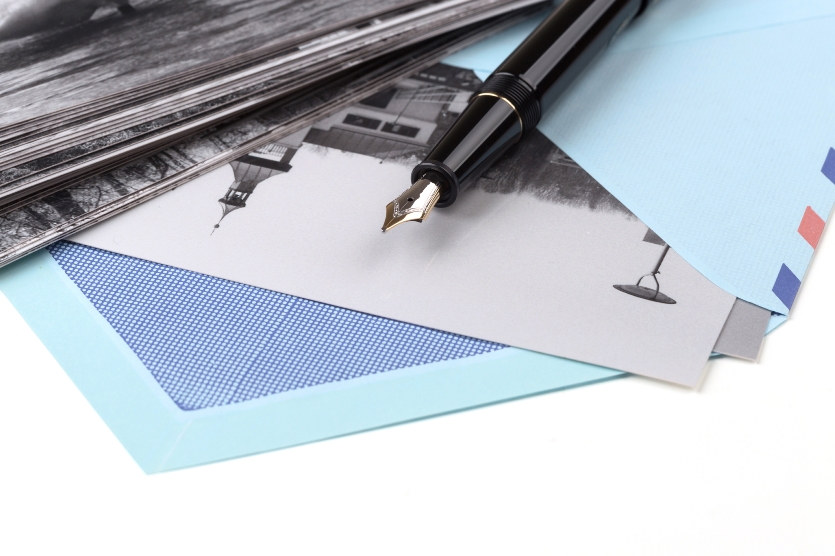
Clients expect me, as a financial organizer / daily money manager, to be all business, forging ahead with one goal in mind: to work with them and conquer their paperwork clutter. But my work as a financial organizer is more nuanced. After all, I am working with people, not just paper! The key to success in my close-to-10-years in business is being able to look beyond the organizing task to the client themselves, tuning in to their needs and knowing that sometimes, you need to stop the shredder and savor the memories.
Here’s a Real-Life Example
A few years ago I started working with H, age 88, whose wife of 60 years, G, had dementia. As primary caregiver, H was clearly overwhelmed, evidenced by the pile of unopened mail on the dining room table. At my first visit, his eldest daughter joined us to assist and, as she said, “to learn how to organize. I’m just like my dad,” she confided. “We are both artists, and organizing does not come naturally to us.” She wanted to learn “from a master organizer” and, of course, I was flattered and happy to oblige her!
Getting Down to Work
The daughter arrived at the door with a large shredder and recycling bins. We set to work. With six hands in motion, neglected bills got opened, junk mail sorted out, credit card solicitations shredded. Dad took charge of the shredder; daughter operated the label maker. An aide kept Mom busy. We were on a roll, clearing the table quickly. We identified important papers and gave them "homes" in neatly labeled files. We prioritized bills to pay and gave them their own bin.
Making an Important Exception
Then an envelope surfaced. On the back was a list in H’s steady hand: “Udon in Tokyo” and “Bouillabaisse in Paris,” the list began. “Dad, what the heck is this?” asked the daughter, waving the envelope in her hand. “Oh,” he answered with a smile, “Your Mom and I were sharing memories of the best meals we had eaten together. Look, your ceviche is on the list,” he added.
“Oh, Dad, toss this out,” she said, looking to me for support for sticking to the strict guidelines of saving only the essentials.
“I think we should save this,” I said, to her surprise. “We need a new file; let’s label it “Memories.”
“Yes, memories,” said H quietly. “That’s all we have.”
===================================================
Keep, Toss or Shred? You CAN Try This at Home!
I always get the question: What should I keep? What should I shred? I always suggest that clients consult their trusted advisors, such as their accountants and attorneys, for their recommendations. In my next blog post I will share some general rules of thumb on what papers to keep and what to toss or shred. I never want clients to avoid organizing their papers because they are afraid of making a misstep. If you would like an expert opinion on your paperwork, go ahead and do an initial sorting, or create a “maybe” file or bin, before turning on the shredder. Before I arrive, you can always feel confident separating out memorabilia, family photos, and items of nostalgia from your other accumulated papers. Go ahead and discard categories of items such as: expired coupons, catalogs, and articles you clipped but never intend to read again!
